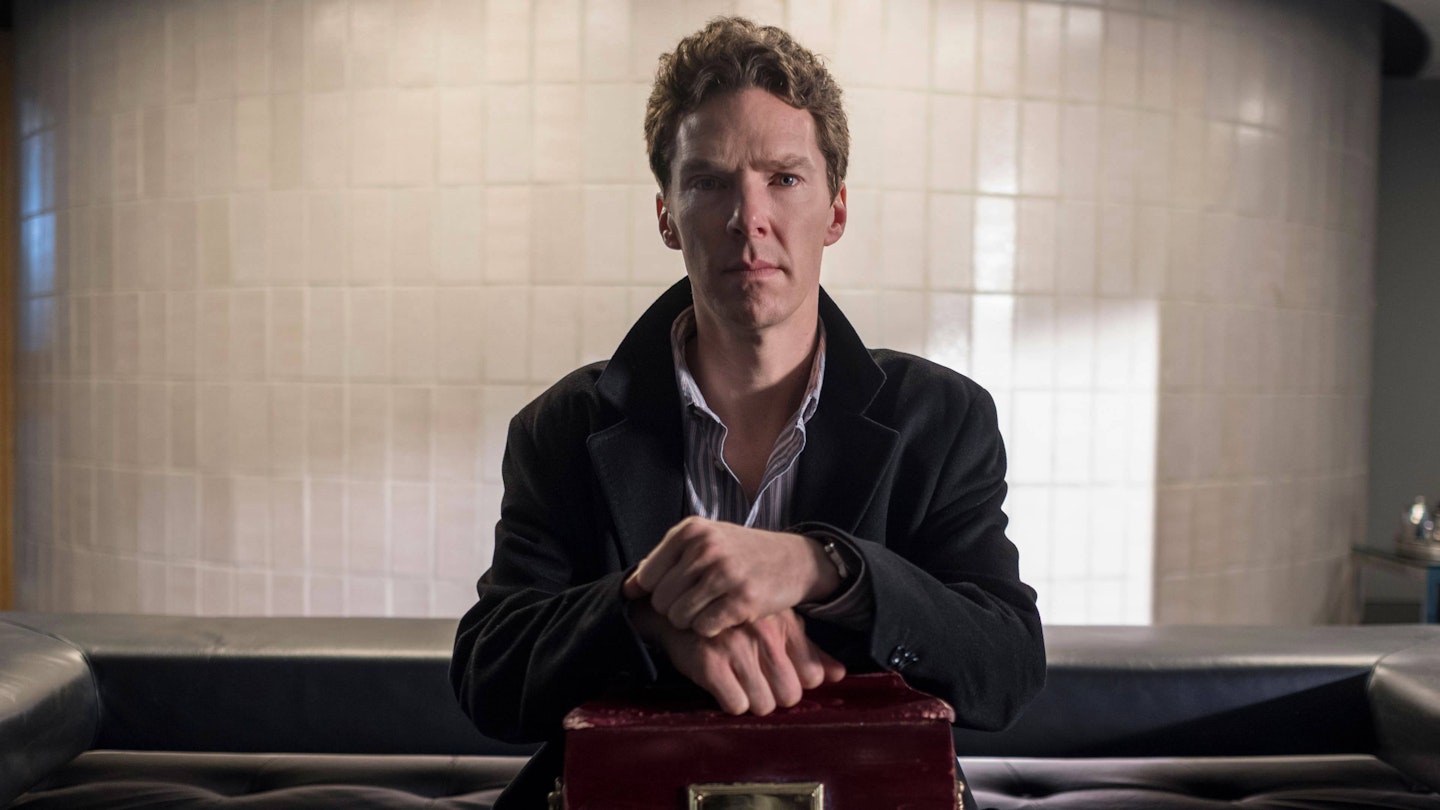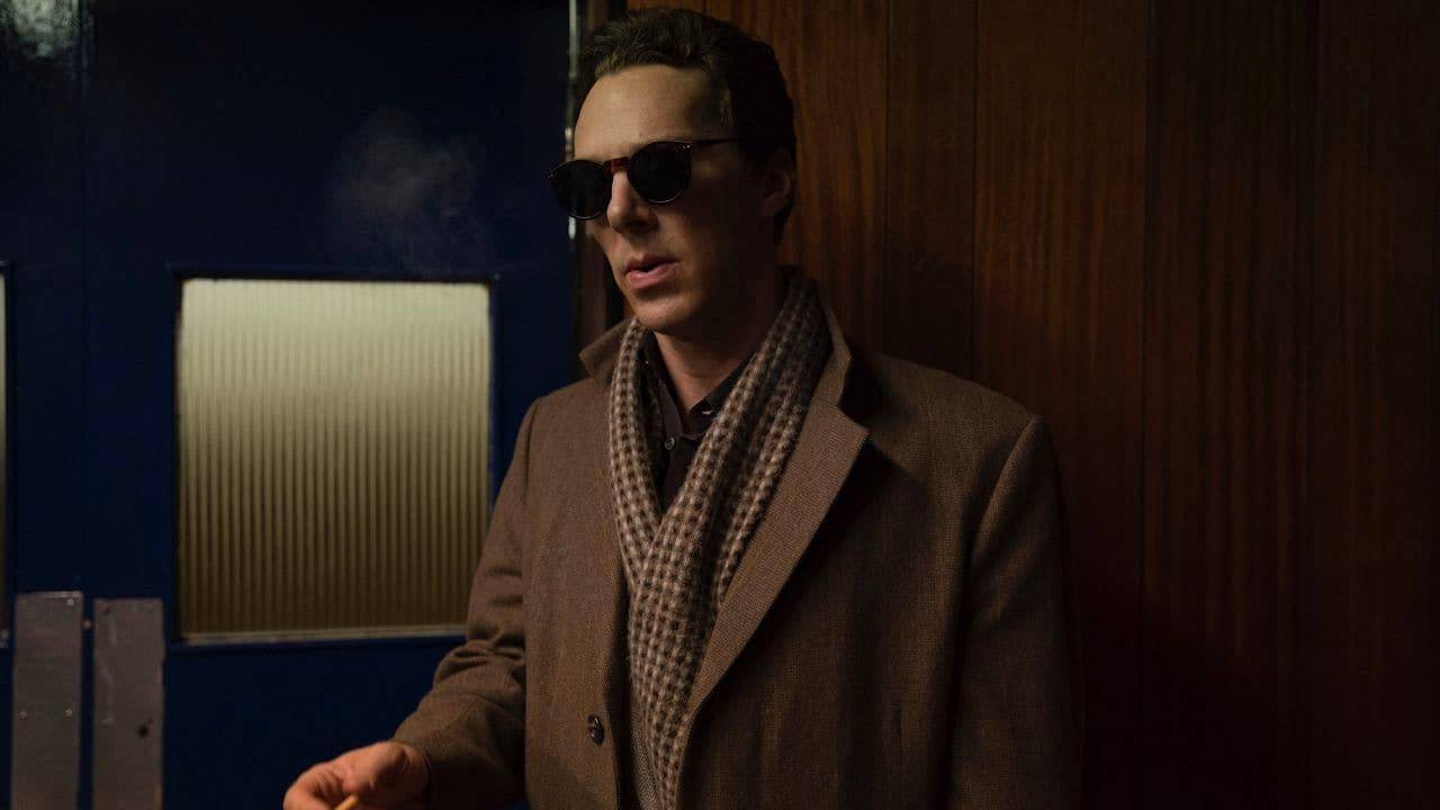It’s been eight years since Benedict Cumberbatch’s unwieldy moniker became a household name thanks to Sherlock, and ever since the BBC detective show propelled him to superstardom he’s excavated his niche: anti-social, fiercely intelligent, and emotionally detached men. But Sherlock Holmes, Stephen Strange and Alan Turing seem positively well-adjusted compared to Patrick Melrose — a wealthy Brit who’s introduced to audiences right as he spirals into an emotional vortex of grief, daddy issues, and one heck of a heroin addiction. Welcome to Cumberbatch’s TV comeback.

A five-part series based on Edward St Aubyn’s five-book series, Patrick Melrose condenses a troubled lifetime into a series of pivotal encounters. There are no murders or mysteries to solve — this is pure character study. While the books begin with Melrose’s traumatic 1960s childhood in Never Mind, the show switches the order, so the episode based on book two, ‘Bad News’, is our introduction to the character — presumably, given Never Mind is set two decades earlier, because Cumberbatch isn’t actually in it.
So we begin in 1982, and the titular tragic message is delivered in a phone call: Patrick’s father has died in New York, and he needs to cross the Atlantic to collect the ashes. The conversation is woozily captured, but not to portray the shock of death — Melrose is mid-heroin high, greeting his dad’s passing with a smirk.
You’ll either be compelled by Melrose’s plight, or turned off entirely
What follows is Sherlock does Trainspotting as Melrose rattles around the Big Apple, indulging his burgeoning habit while waiting to collect his father’s remains, going stir-crazy in his hotel room, and navigating social situations under increasing levels of narcotics. There’s dark humour in the druggy haze — while Patrick’s conversations with others are amusingly blunt, his inner monologue is a constant rat-a-tat of witty asides. His attempt to kick heroin by taking a bunch of other drugs instead leads to moments of whacked-out comedy that alleviate the otherwise relentlessly dark-edge humour. It’s a brash stylistic exercise with Cumberbatch playing every part of his register, often within a single scene.
The melancholy-tinged zaniness of the first episode is an effective litmus test — you’ll either be compelled by Melrose’s plight, or turned off entirely. And yet opening with that story isn’t just a wise move because of its star — the stark and sober second episode skips back to explore the reason behind Melrose’s later lack of sobriety. It exposes the true horrors of his upbringing at the hand of his abusive dad (Weaving) and drunk, victimised mother (Leigh). It packs an emotional impact episode one lacks, but without the laughs to wash it all down, and sets up the rest of the series perfectly.
